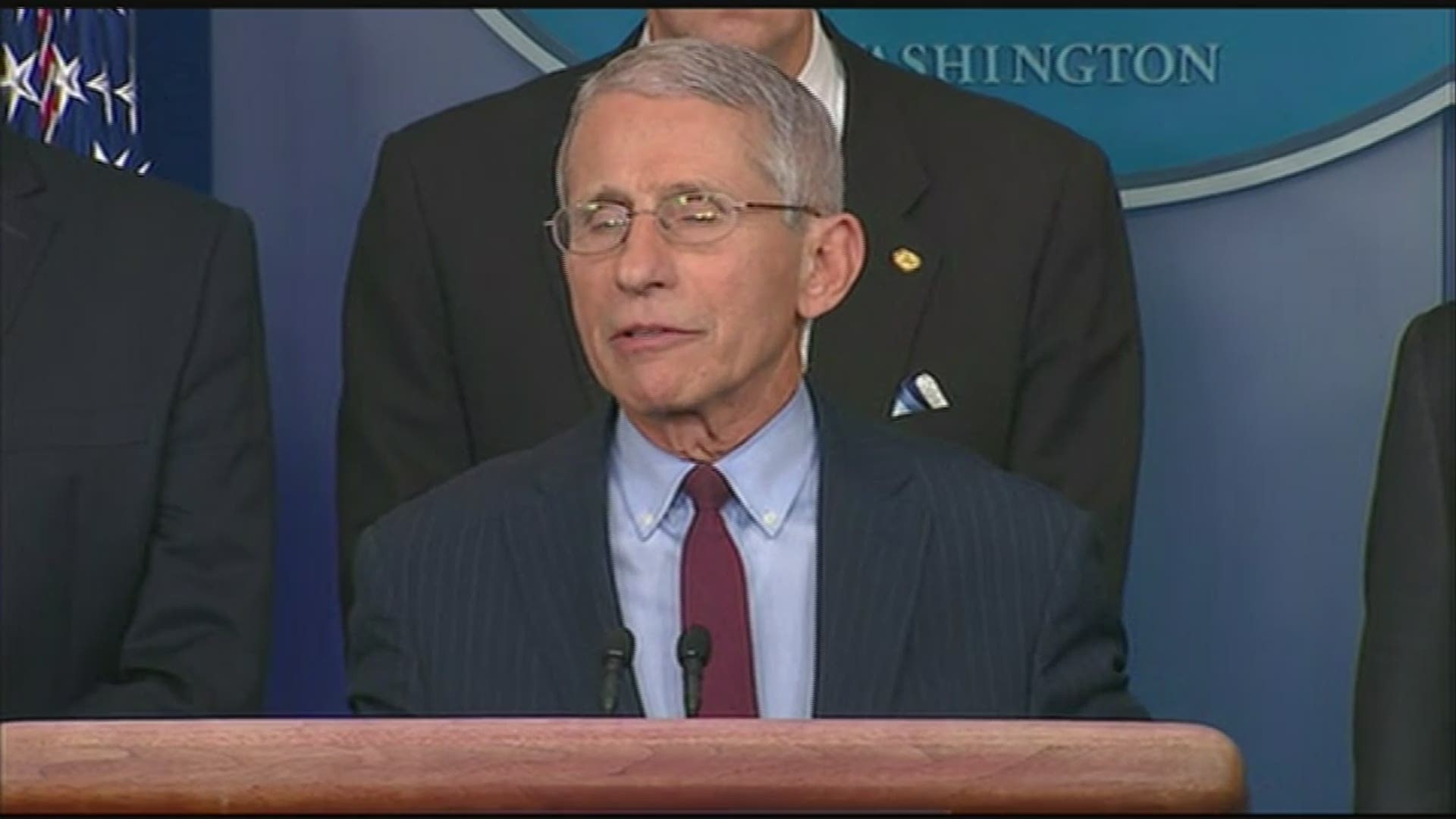The World Health Organization and the United States have now declared public health emergencies over the novel coronavirus outbreak, which originated in the Hubei province of China.
At a briefing where Secretary of Health and Human Services Alex Azar declared the emergency, Dr. Anthony Fauci explained that the unknown aspects of this outbreak are behind the decision to make the declaration.
Fauci, who is the director of the National Institute of Allergy and Infectious Diseases, said public health officials are paying close attention to coronavirus because there is less certainty about the virus.
"And because there are so many unknowns here, we are going to take the action that the secretary will describe, a temporary way to ensure that we mitigate the best we possibly can this risk," Fauci said.
Fauci stressed that the coronavirus still presents a low risk to the American public, but health officials are taking action to ensure it stays that way.
He compared it to influenza, which to date has killed more than 8,000 Americans and hospitalized 100,000, explaining how much more health experts know about the seasonal flu.
"I can tell you all, guaranteed, that as we get into March and April the flu cases are going to go down," Fauci said. "You can predict pretty accurately what the range of the mortality is and the hospitalizations, as we've done over the years."
However, until recently, health officials did not know whether the coronavirus infection was asymptomatic and if an asymptomatic person could transmit it to another person.
"It was not clear whether an asymptomatic person could transmit it to someone while they were asymptomatic," Fauci said. "Now we know from a recent report from Germany that that is absolutely the case."
Now, Fauci says, they know both are true. In addition to travel-related cases, a number of countries, including the U.S., have confirmed secondary cases of people who came in close contact with someone from the Chinese province.
Because of a likely 14-day incubation period, the Centers for Disease Control and Prevention on Friday issued federal quarantine orders to the almost 200 U.S. citizens who returned to the country Wednesday from China.
Even if the screening test comes back as negative, the CDC says, that does not guarantee that person won't develop an infection over the incubation period.

